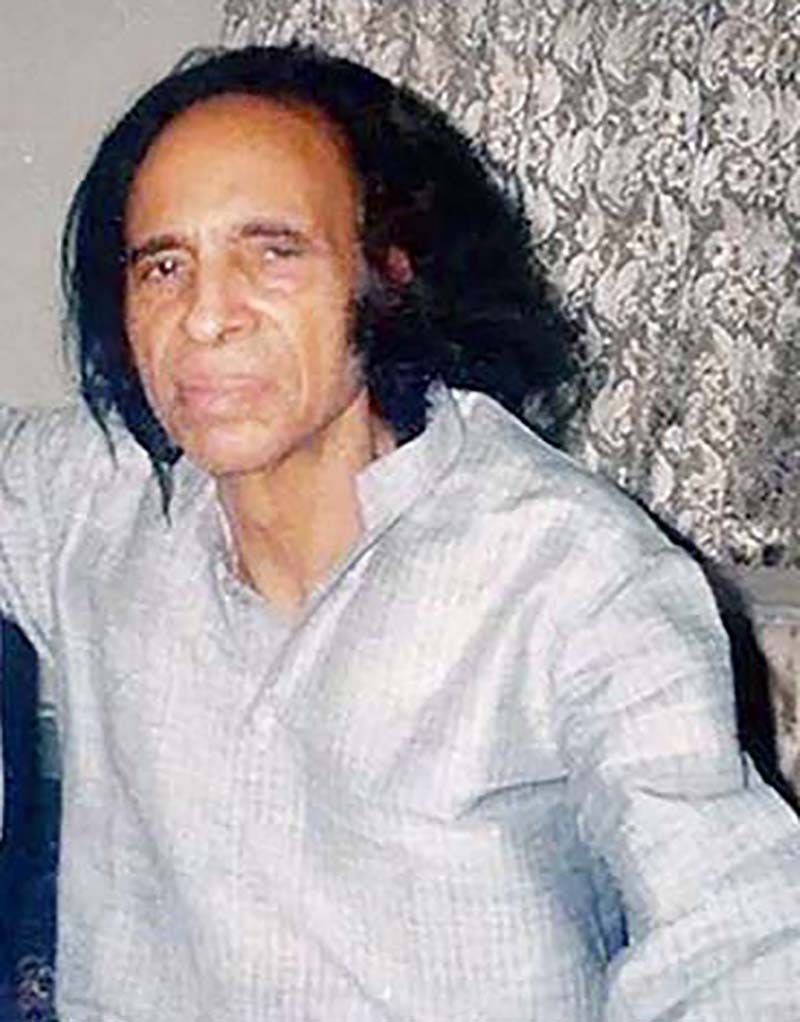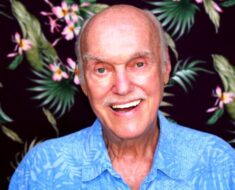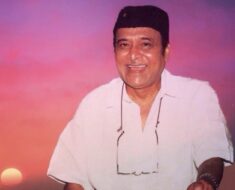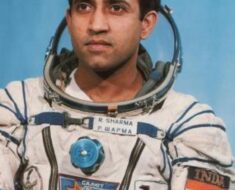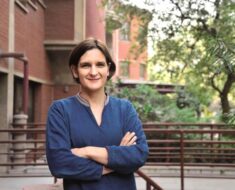Jaun Elia, a towering figure in Urdu literature, remains a captivating subject for many. His life, as complex as his poetry, continues to inspire discussion and analysis.
Wiki/Biography
Syed Sibt-e-Asghar Naqvi, known as Jaun Elia, was born on December 14, 1931, in Amroha, British India (present-day Uttar Pradesh, India). His zodiac sign was Sagittarius. He received a traditional Islamic education, studying Persian and Arabic at Darul Uloom Syed Ul Madaris in Amroha, a madrasa affiliated with the renowned Darul Uloom Deoband.
Despite his initial reluctance, he emigrated to Pakistan in 1957, settling in Karachi, where he would spend the rest of his life.
Physical Appearance
- Eye Color: Black
- Hair Color: Black
Family & Caste
Born into a Shia Muslim family, Elia famously identified as an agnostic, transcending conventional religious labels. His father, Allama Shafique Hassan Elia, was a distinguished scholar of literature and astronomy, proficient in Arabic, Persian, Hebrew, and Sanskrit. Jaun Elia was the youngest among his siblings, including brothers Rais Amrohvi (a journalist) and Syed Muhammad Taqi (a psychoanalyst), along with another brother, Mohammad Abbas, and a sister, Sayyada Shahezanan Najafi Naqvi.
Wife & Children
He married Zahida Hina, a noted story writer and columnist, in 1970. The marriage ended in divorce in 1992. He had three children: Zeryoun Elia, Fainaana Farnaam, and Sohaina Elia.
Career
Elia’s poetic journey began at the tender age of eight. By 1958, he was contributing to the magazine “Insha,” edited by his brother Rais, even writing editorials. He later worked for “Suspense” Digest. His first published collection of poems, “Shayad,” appeared in 1991. Posthumously published works include “Ya’ani,” “Guman,” “Lekin,” and “Goya,” showcasing the breadth and depth of his poetic output.
His notable works include:
- Sukhan Meri Udasi Hai
- Zakham e Umeed
- Mubada
- Tumharey Aur Mere Darmiyan
- Darichay Haye Kheyal
- Qitaat
- Jaun Elia Ki Tamam Ghazlain (parts I-III)
- Inshaye aur Mazaameen
- Farnood (Essay and Editorials by Jaun Elia)
Beyond poetry, Elia served as an editor, translated numerous texts, and even introduced new words to the Urdu language. His translation work, largely found in Ismaili Tariqah Board libraries, included Masih-i-Baghdad Hallaj, Jometria, Tawasin, and more.
Signature
[Space for Signature Image]
Death
Jaun Elia passed away from tuberculosis on November 8, 2002, at the age of 70 in Karachi. His final resting place is the Sakhi Hasan Graveyard. His grave inscription reads: “Main bhi bahut ajeeb hun, itna ajeeb hun ki bas Khud ko tabah kar liya aur malaal bhi nahin” (I am very strange, so strange that I ravaged myself and have no regrets).
Favourite Things
- Food: Hari Mirch Keema, Samosa
- Poet: Mir Taqi Mir
Facts/Trivia
Elia’s father corresponded with prominent scholars and scientists, including Bertrand Russell. His cousin, Kamal Amrohi, was a celebrated Indian filmmaker. Jaun Elia possessed an impressive range of knowledge, encompassing philosophy, logic, Islamic history, Sufism, Western literature, and Kabbalah. He was fluent in English, Persian, Hebrew, Sanskrit, Arabic, and Urdu.
His political views leaned towards Marxism, nihilism, and anarchism. He received the Presidential Pride of Performance Award for his literary contributions.
His poetry often reflects intense personal pain and sorrow, leading to his recognition as the “poet of pain.” The source of this pain is often debated, with some attributing it to lost love, separation from his village Amroha, or marital difficulties. He was also known for his habits of drinking and smoking.
Languages Spoken
| Language | Proficiency |
|---|---|
| Urdu | Native |
| English | Fluent |
| Persian | Fluent |
| Arabic | Fluent |
| Sanskrit | Fluent |
| Hebrew | Fluent |

